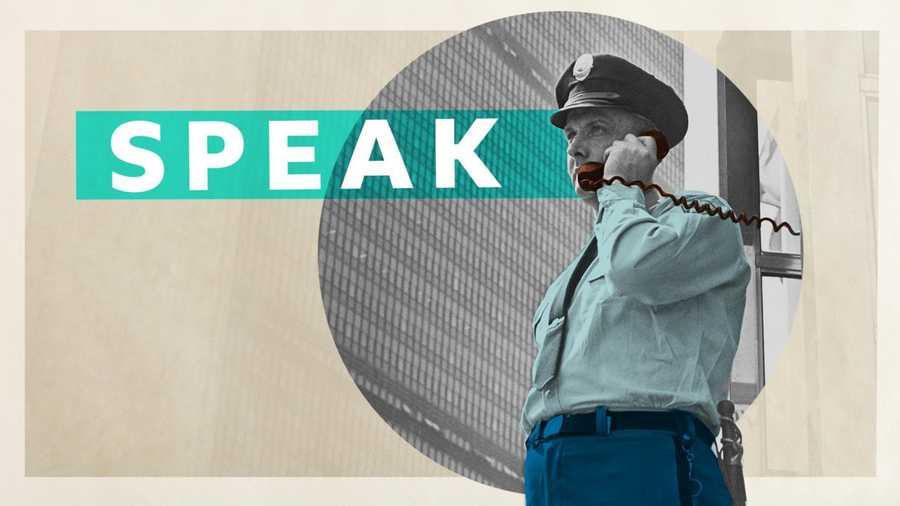The simple words that save lives
Curated from: bbc.com
Ideas, facts & insights covering these topics:
6 ideas
·1.78K reads
11
Explore the World's Best Ideas
Join today and uncover 100+ curated journeys from 50+ topics. Unlock access to our mobile app with extensive features.
Crises Can Confuse Communication
Failing in communication can have a big impact during a crisis. Sometimes things that are transparent to one party may be interpreted differently by another. Therefore, choosing certain words can help us to persuade and win over people we are talking to.
61
358 reads
Talking vs Speaking
During a crisis, using the word "talk" to begin a conversation, "Can we talk about how you are?" often gets a negative response. The reason is that we place little value on "talk." Talk is cheap or meaningless. However, substituting the word with "speak", seems to have better results.
"Talk" is loaded with context that makes it fruitless in these scenarios, while the word "speak" is free from those associations.
87
393 reads
Being Willing
The principles for a positive and constructive discussion are framing your conversation in positivity.
By framing conversations to focus on the positive, one can move a problem forward.
64
312 reads
Unintended Consequences
Conversations between doctors and parents talking about the wellbeing of a child can often look like negotiations, even if not intended.
Parents may say that they are worried that their child may have an infection and the doctor may think that the parent expects antibiotics.
The doctor hears “infection” and immediately makes the connection with antibiotics. But for parents, that association does not exist.
56
212 reads
Something vs Anything
In a study, one group of physicians were instructed to ask their patients: "Is there anything else you want to address?" The other group were asked to say: "Is there something else you want to address?"
With "anything" 53% of patients raised extra concerns.With "something" 90% of patients raised extra concerns.
82
246 reads
The right question
People in crisis are often emotional and incoherent.
Questions with “Yes” or “No” answers are very useful for getting information quickly.
With more subtle questions, give a "menu" of at least three possible answers to avoid the question being misinterpreted.
66
262 reads
IDEAS CURATED BY
Lila S.'s ideas are part of this journey:
Learn more about communication with this collection
How to challenge assumptions
How to generate new ideas
How to break out of traditional thinking patterns
Related collections
Similar ideas
4 ideas
Staying Calm During an Emergency Can Save Lives
huffpost.com
4 ideas
The Wrong Abstraction
sandimetz.com
Read & Learn
20x Faster
without
deepstash
with
deepstash
with
deepstash
Personalized microlearning
—
100+ Learning Journeys
—
Access to 200,000+ ideas
—
Access to the mobile app
—
Unlimited idea saving
—
—
Unlimited history
—
—
Unlimited listening to ideas
—
—
Downloading & offline access
—
—
Supercharge your mind with one idea per day
Enter your email and spend 1 minute every day to learn something new.
I agree to receive email updates





